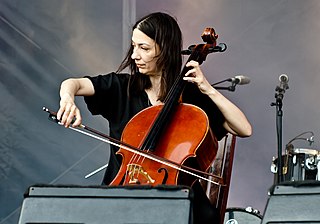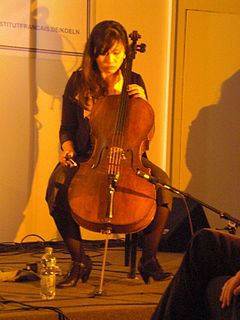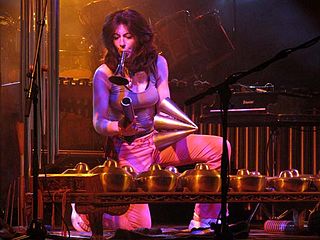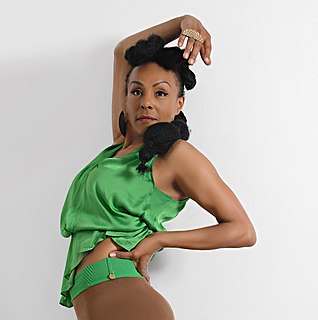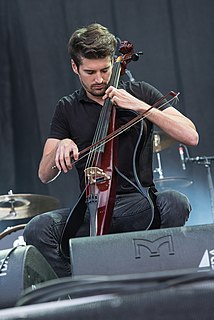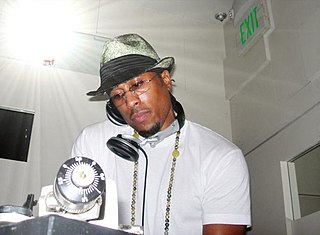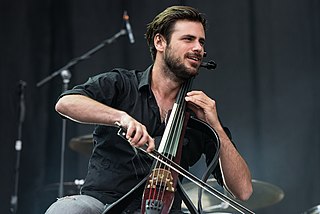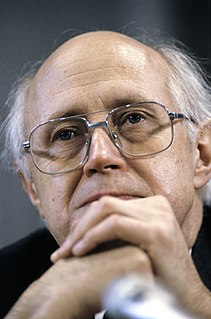A Quote by Julia Kent
I'm always anxious in introducing sounds that don't originate with the cello.
Quote Topics
Related Quotes
I made music on Seven the same way as on the other albums. I only used acoustic instruments... I'm looking for instruments that have vocal sounds, forgotten instruments like the guimbri... The first and second albums were about the voice, what came before. This album is about introducing those sounds into modern, Western life.
I think I'll always feel a little in awe whenever I see someone in their 20s or 30s carrying a cello or violin case - because I know, if they're doing it professionally, how many years of practice have gone into being able to make music with them. And the sounds they can make just hit me very hard, and feel full of limitless complexity.
